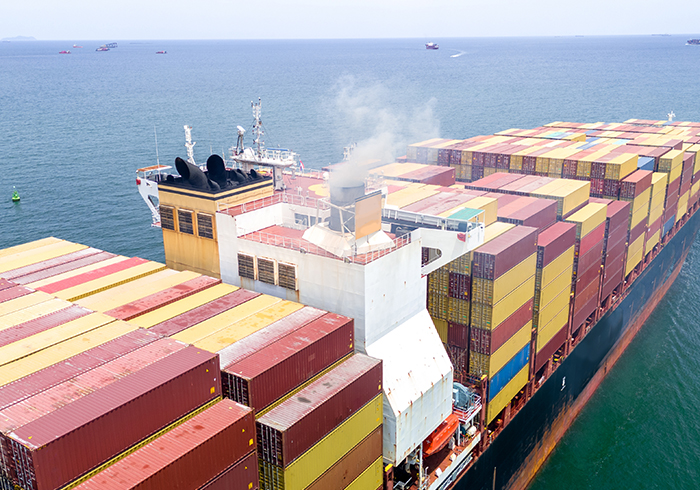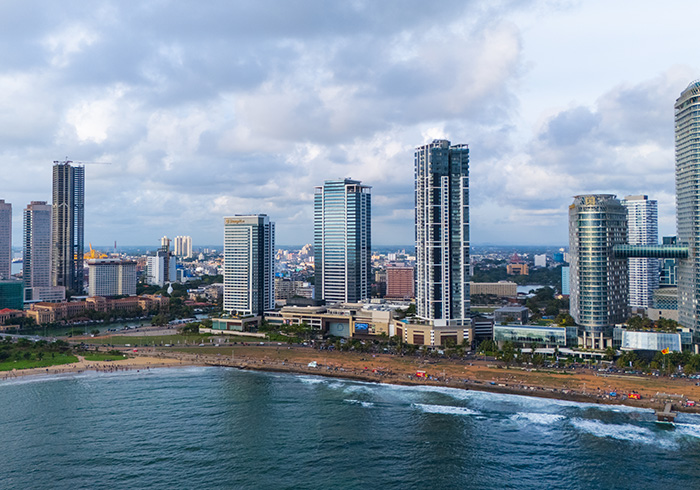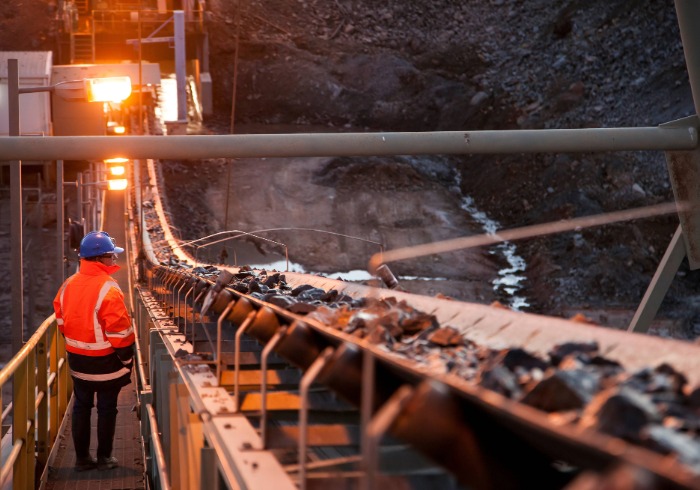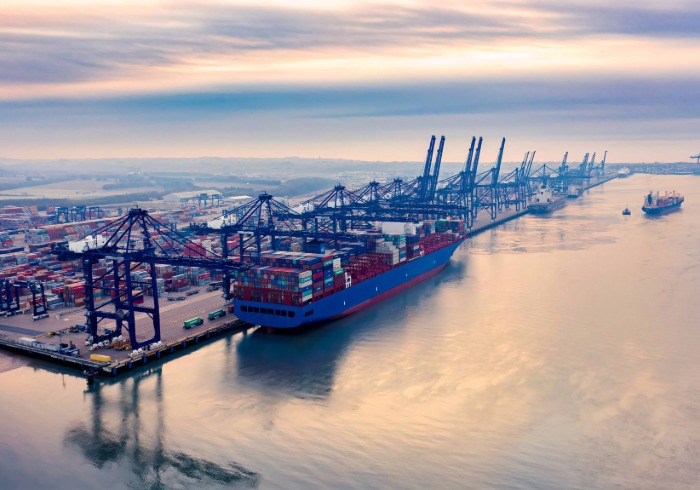Progress on shipping decarbonisation could slow after member states voted to push back talks on the International Maritime Organization’s (IMO) net-zero framework, sector figures have warned.
The US had already rejected the draft terms on reducing the industry’s greenhouse gas (GHG) emissions in August, describing the framework as a “global carbon tax on Americans levied by an unaccountable UN organisation”.
During crucial talks to approve the deal held last week (October 17), Singapore and Saudi Arabia led on a proposal to adjourn the talks for a year, which garnered votes from the US and Russia.
A total of 57 countries voted in favour of the delay, while 49 voted against, and 21 abstained.
The delay “reduces the likelihood of passing the previously agreed proposal”, warned Rico Luman, senior economist, transport and logistics at Dutch bank ING.
In its current guise, the framework would bring in a set of “mid-term measures” that include targets for reducing ships’ annual GHG fuel intensity and penalties for ships that emit more than this.
“While the delay provides additional time to build consensus – also within different shipping segments – momentum appears to be fading, making agreement increasingly difficult,” Luman said.
“Continued procrastination could ultimately lead to cancellation, which would be a disappointing outcome.”
If the framework had been approved this month, the measures would have come into force in 2027, but the delay means implementation will now be pushed back to 2028 at the earliest.
Jennifer Cornejo, partner at law firm Vinson & Elkins, added: “Because the net zero framework had certain milestones, the pause almost certainly forces revisions to those compliance timelines and could reopen debates on certain aspects, such that the package next voted on is narrower in some ways.”
The delay could also result in a “patchwork of regional regimes” that might lead to increased compliance costs and an uncertain regulatory or investment environment, she said.
Ahead of the meeting last week, US Secretary of State Marco Rubio, Secretary of Energy Chris Wright, and Secretary of Transportation Sean Duffy said in a joint statement that the Trump administration “unequivocally rejects this proposal”.
“The economic impacts from this measure could be disastrous, with some estimates forecasting global shipping costs increasing as much as 10% or more,” the statement said.
It laid out several steps the US could take against countries that support the net-zero framework, including blocking vessels from US ports and imposing new regulation and extra visa restrictions, as well as commercial penalties via government contracts.
Emma Fenton, senior director of climate diplomacy at climate change NGO Opportunity Green, called the outcome a “devastating indictment of member states’ lack of courage to stand in solidarity with climate vulnerable countries to achieve a just and equitable maritime transition”.
“Faced with pressure, too many governments chose political compromise over climate justice, and in doing so, abandoned the countries bearing the brunt of the climate crisis.”
Yet, some say the delay could offer an opportunity to review weaknesses in the mechanisms proposed in the net-zero framework.
Norwegian energy consultancy Rystad Energy found “critical gaps” in the current framework between the projected availability of green fuel and the targeted demand, “which raises concerns about the feasibility of the prescribed transition timeline”.
“Our findings suggest progress will likely lag behind the IMO’s current expectations due to infrastructure limits, technology readiness and energy system interconnections,” said Junlin Yu, vice president of supply chain research at Rystad Energy.
“The IMO should use the extra year to refine the net zero framework into a more practical and equitable framework.”
If ships exceed their targets for GHG emissions, they can transfer surplus units from other vessels, use units they have previously banked if they have outperformed the targets, or pay penalties in the form of buying “remedial” units.
Rystad Energy’s projections also suggest that demand for remedial units will outstrip surplus unit supply until 2035.
If the price of surplus units is governed by market dynamics rather than cost premiums for greener fuel, this could limit the incentives for zero-emission technologies, according to Rystad Energy.
ING’s Luman also pointed out that the shipping sector’s projected CO₂ reductions by 2030 fall short of earlier ambitions, meaning that the IMO’s 2040 and 2050 targets are becoming “increasingly challenging”.
In 2023, the IMO agreed to target a 20% reduction in total annual emissions by 2030 compared to 2008 levels and a 70% reduction in total emissions by 2040.
Net zero is set to be achieved “by or around” 2050, to allow for “different national circumstances”.






